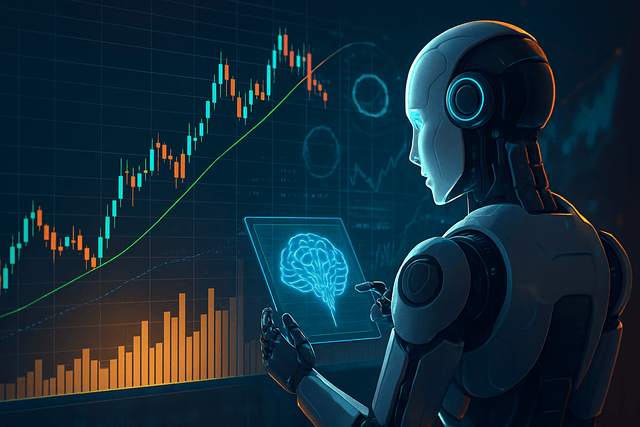The financial sector is experiencing a technological revolution as sophisticated AI-powered market analysis tools reshape how professionals interact with financial data.
In mid-July 2025, Anthropic launched its comprehensive Claude for Financial Services solution, designed specifically for financial analysts. The platform integrates with third-party data providers including FactSet, PitchBook, and Morningstar to create a unified interface for market research, due diligence, and investment decision-making.
"This is the missing piece between an AI tool that's interesting and cool, and one that's deeply useful," said Mike Krieger, Chief Product Officer at Anthropic and co-founder of Instagram. The solution has already gained traction with major financial institutions, with Anthropic's annualized revenue reportedly growing from $3 billion to $4 billion in just the past month.
Other notable players in this space include Spindle AI, which uses machine learning algorithms to predict market trends and business performance. Its scenario intelligence platform allows analysts to generate and compare thousands of financial scenarios across millions of data points, helping businesses plan ahead with greater confidence. Companies like Bill.com, NewsCorp, and Apptio (IBM) have already implemented Spindle AI's technology.
These tools represent a significant shift in financial analysis capabilities. Traditional methods often rely on historical data and human intuition, which can be prone to biases and errors. In contrast, AI leverages machine learning algorithms to analyze vast amounts of data—from stock prices and economic indicators to news headlines and market sentiment—in real-time.
For financial professionals, the impact is substantial. Tasks that previously required entire teams of analysts can now be automated, allowing experts to focus on strategic decision-making rather than data processing. However, this efficiency comes with implications for employment, particularly for junior analysts whose roles may evolve significantly as AI adoption increases across the industry.

